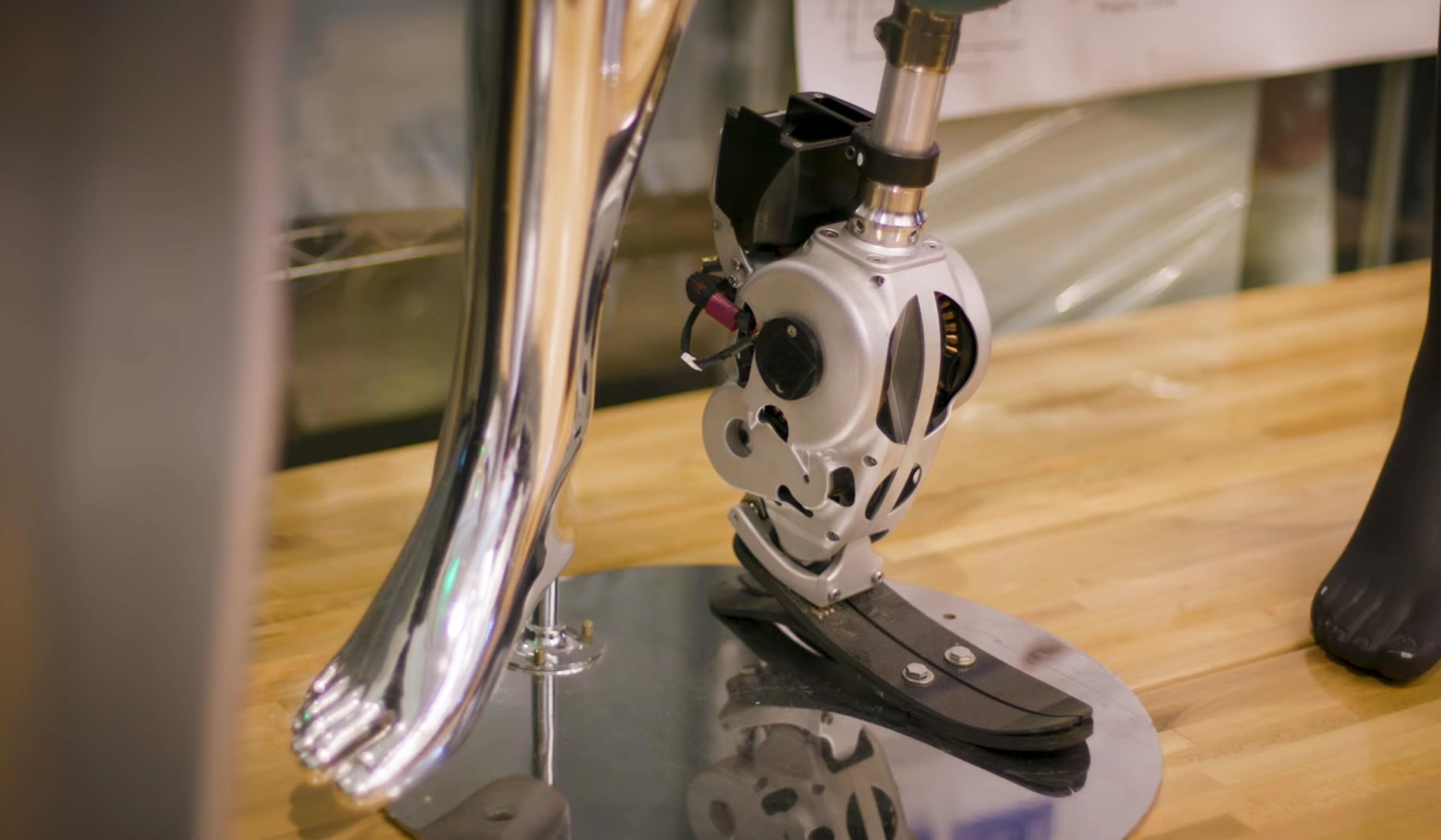At the Massachusetts Institute of Technology (MIT), researchers make origami robots, just a centimetre long and a third of a gram in weight, that could offer a glimpse into what the future of robotics holds: small, versatile and environmentally friendly devices. After being printed, each one of these origami robots self-assembles, navigates around obstacles on land and in water, and ultimately dissolves into liquid, making them the first robotic devices to complete ‘a full lifecycle from birth to death’. The robots’ inventors hope they could someday be used as a controllable drug capsule or to help execute surgeries.
Could these printable, self-assembling origami robots transform medicine?
Producer: Melanie Gonick
Website: MIT Media Lab
7 July 2015
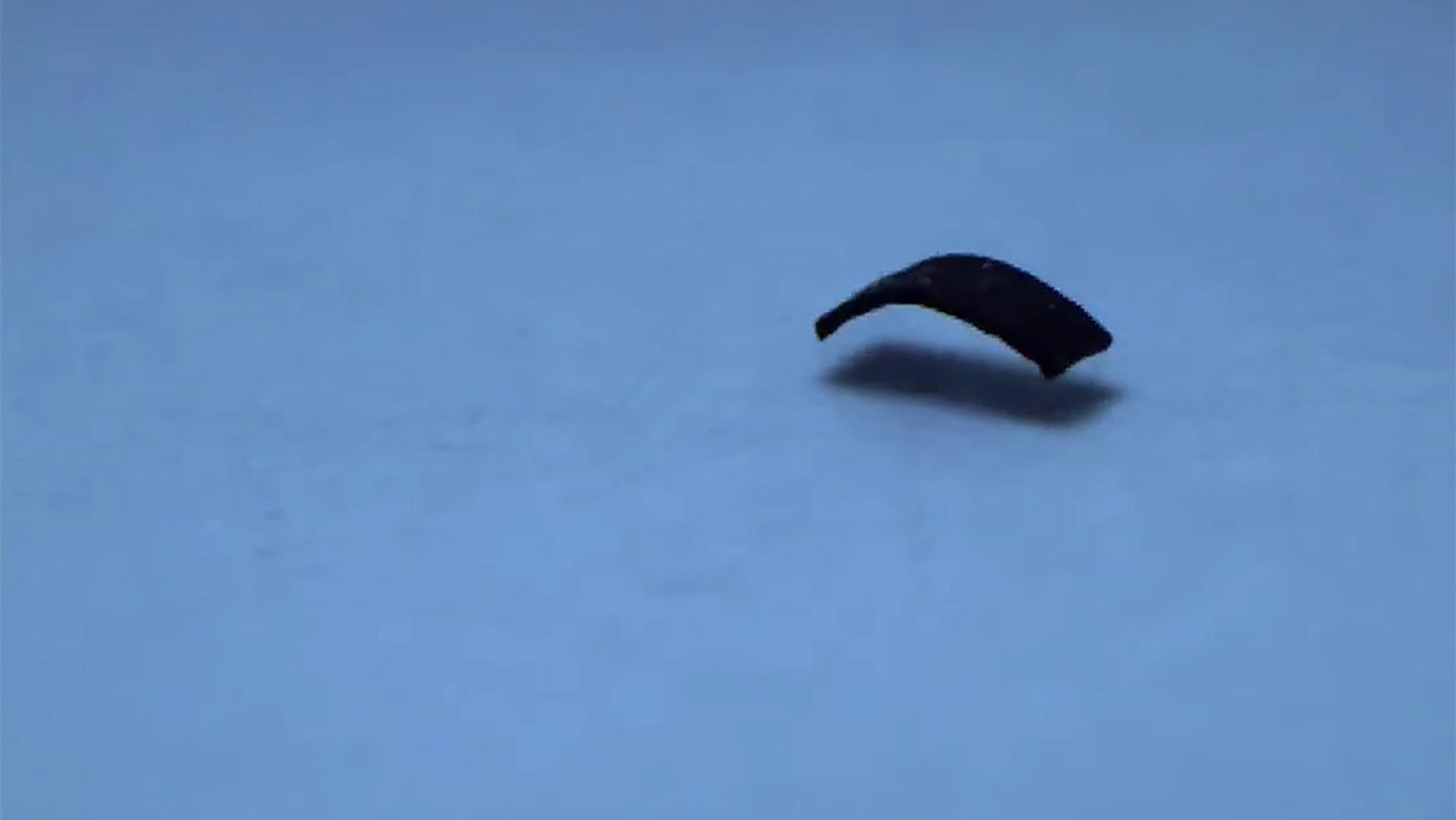
videoAutomation and robotics
The tiny robot that could wriggle its way across the perilous terrain of the human body
3 minutes

videoEngineering
Could this development in biomimetic robotics change terrestrial transport?
3 minutes
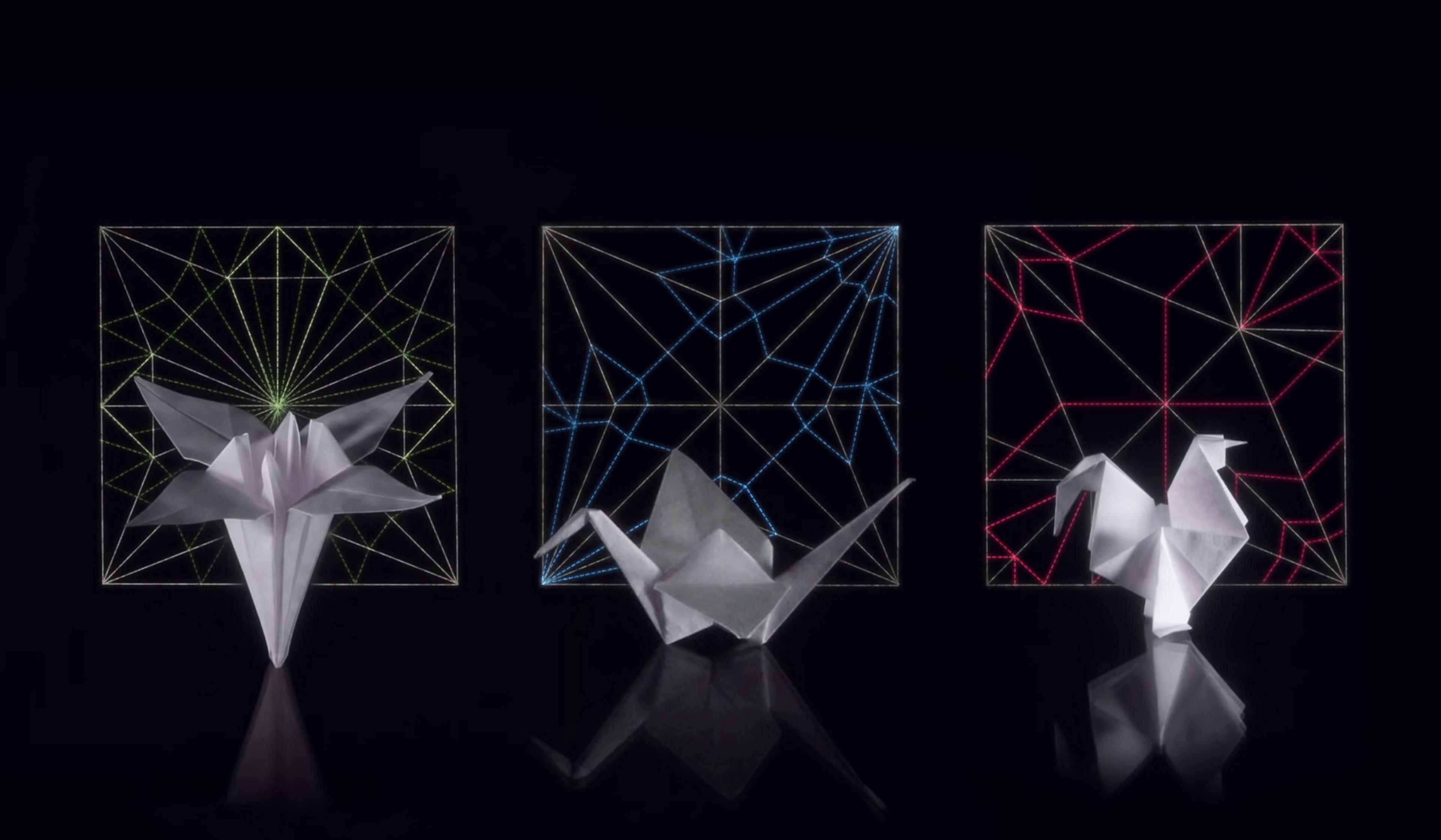
videoEngineering
Why are NASA engineers borrowing techniques from origami artists?
5 minutes
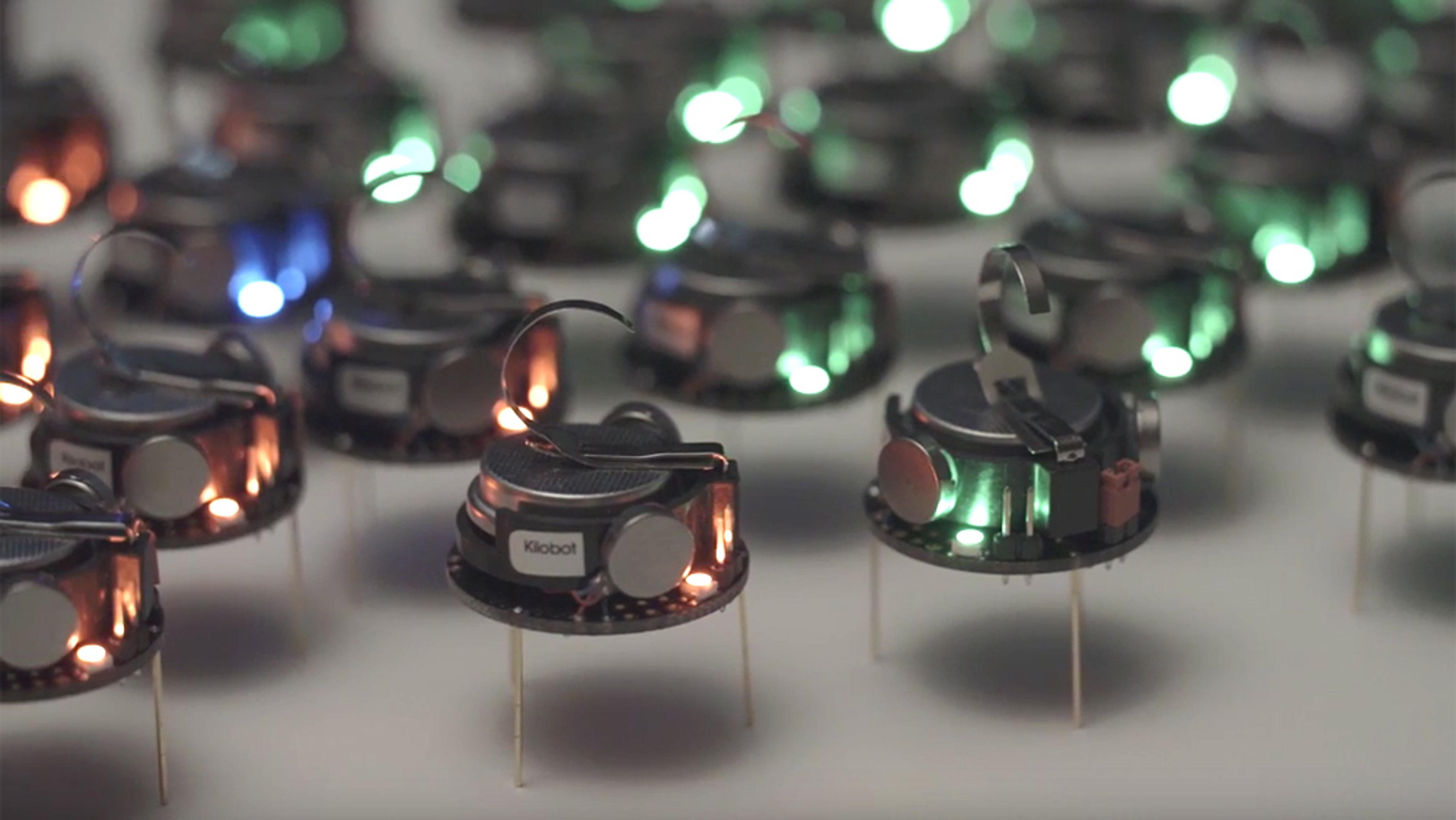
videoBioethics
The mini robots that may show how to ‘programme’ cells for improved performance
4 minutes
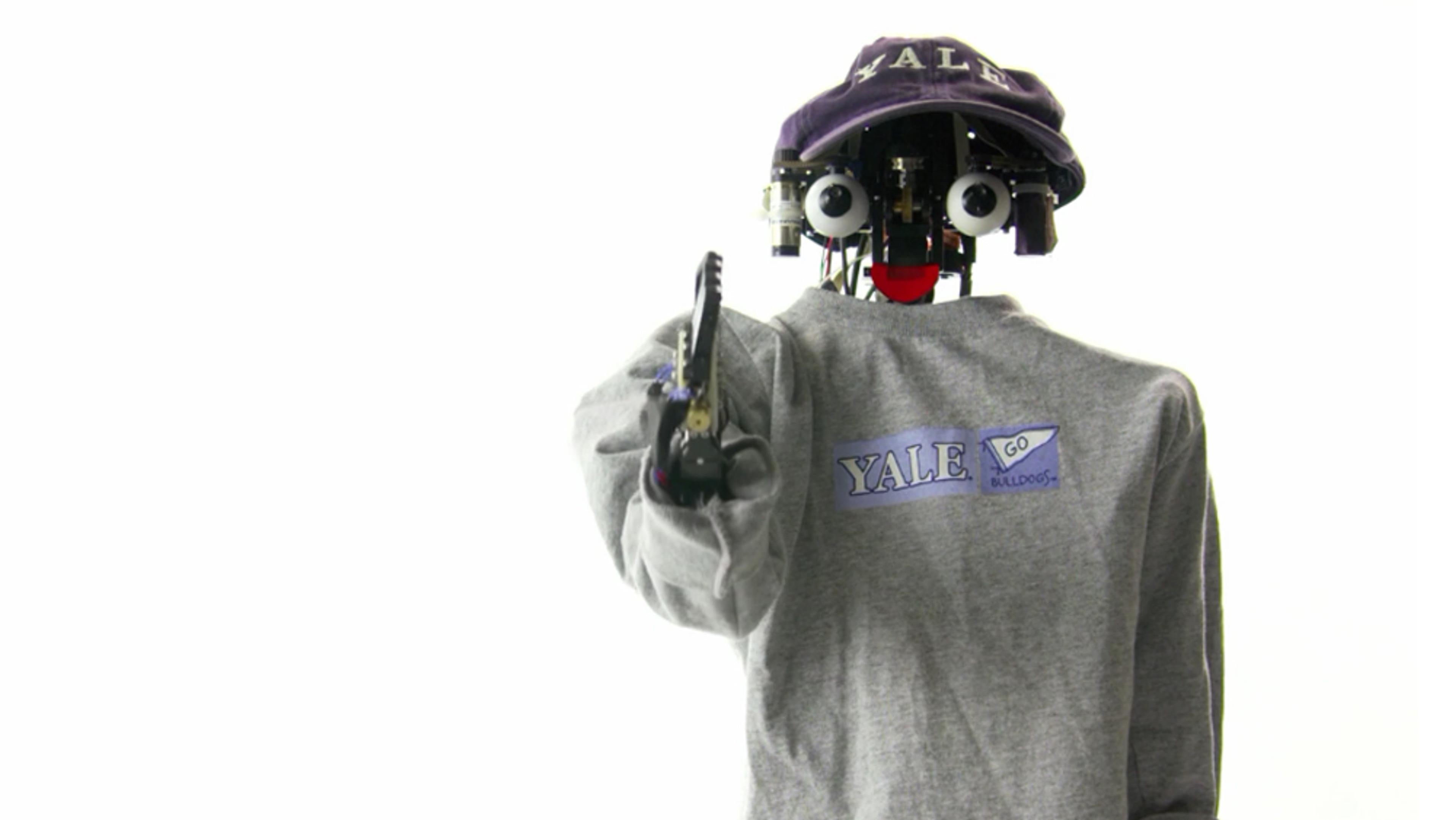
videoCognition and intelligence
How do you get a robot to seem more like a human? You make it a liar robot
4 minutes
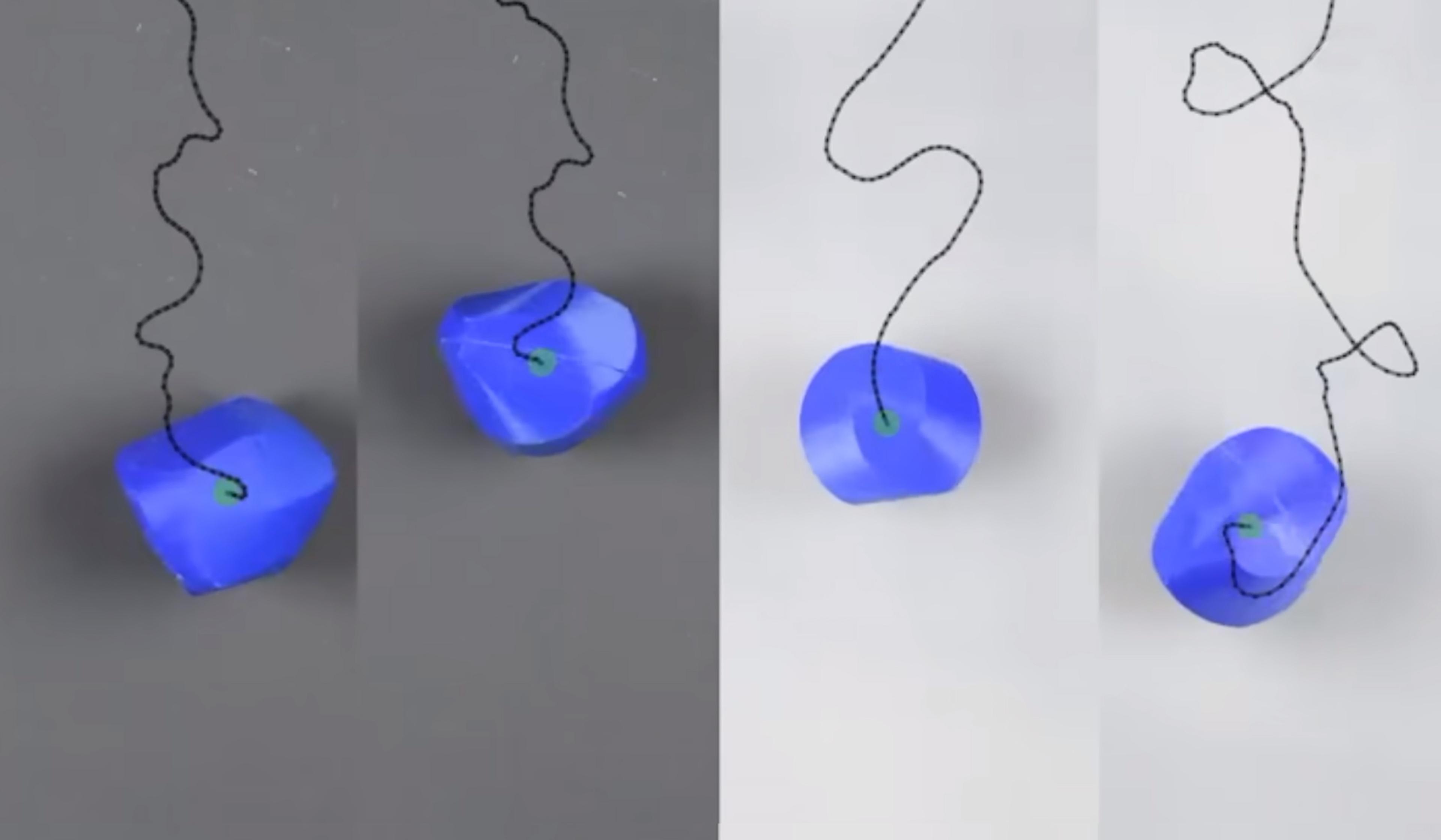
videoPhysics
Is it possible to design a shape to roll along any fixed path?
4 minutes

